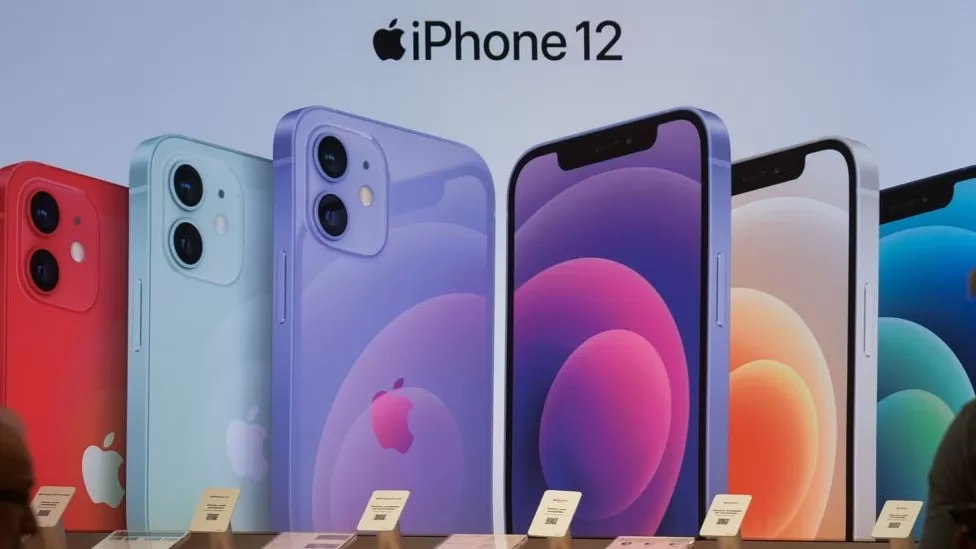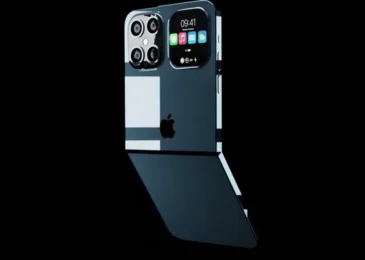
In a surprising turn of events, France has taken a bold step by ordering Apple to cease the sale of its iPhone 12 model, citing concerns over excessive electromagnetic radiation. The move, instigated by the French regulatory authority responsible for overseeing radio frequencies (ANFR), has sent shockwaves through the tech industry.
The ANFR has not only called for a halt in sales but has also insisted that Apple rectify the issue in existing iPhones. Furthermore, it has conveyed a stern ultimatum to Apple, stating that if the problem cannot be resolved through a software update, the tech giant must initiate a full-scale recall of every iPhone 12 ever sold within the country.
This unprecedented decision has raised questions and concerns about the safety of mobile devices. While the World Health Organization (WHO) has previously sought to alleviate fears regarding mobile phone radiation, asserting that low-level electromagnetic fields pose no harm to humans, France’s digital minister, Jean-Noel Barrot, has underscored that the decision was rooted in radiation levels surpassing permissible thresholds.
The crux of the matter lies in the Specific Absorption Rate (SAR) of the iPhone 12, a metric used to measure the rate at which the human body absorbs radiofrequency electromagnetic field energy when exposed to a wireless device. France’s regulatory body found that the iPhone 12’s SAR exceeded the legally allowable limit, particularly in close proximity to the body.
Apple, in response, has contested the ANFR’s findings. The tech giant has provided the regulator with laboratory results from both its own testing and third-party assessments, all of which reportedly affirm the iPhone 12’s compliance with international radiation regulations.
However, the situation remains tense, with Apple required to respond within two weeks. If Apple fails to provide a satisfactory resolution, the possibility of a mass recall of iPhone 12 devices looms. Digital Minister Barrot emphasized that the rule is the same for all, including tech giants.
France’s decision to halt iPhone 12 sales may have broader implications. The ANFR intends to share its findings with regulatory bodies across the European Union, potentially sparking a domino effect throughout the trading bloc. This move could reshape how tech companies approach radiation standards and compliance.
As this development unfolded in France, Apple simultaneously unveiled its latest iPhone 15 model. The new release, the first since 2012 to feature an alternative charging port, introduces an adapter for using existing cables.
In a related context, the Chinese foreign ministry refuted media reports suggesting that government agencies had advised staff to refrain from using iPhones. China maintained that it had not issued any laws, regulations, or policies blocking the use of Apple’s products, seeking to quell concerns surrounding iPhone usage within its borders.




